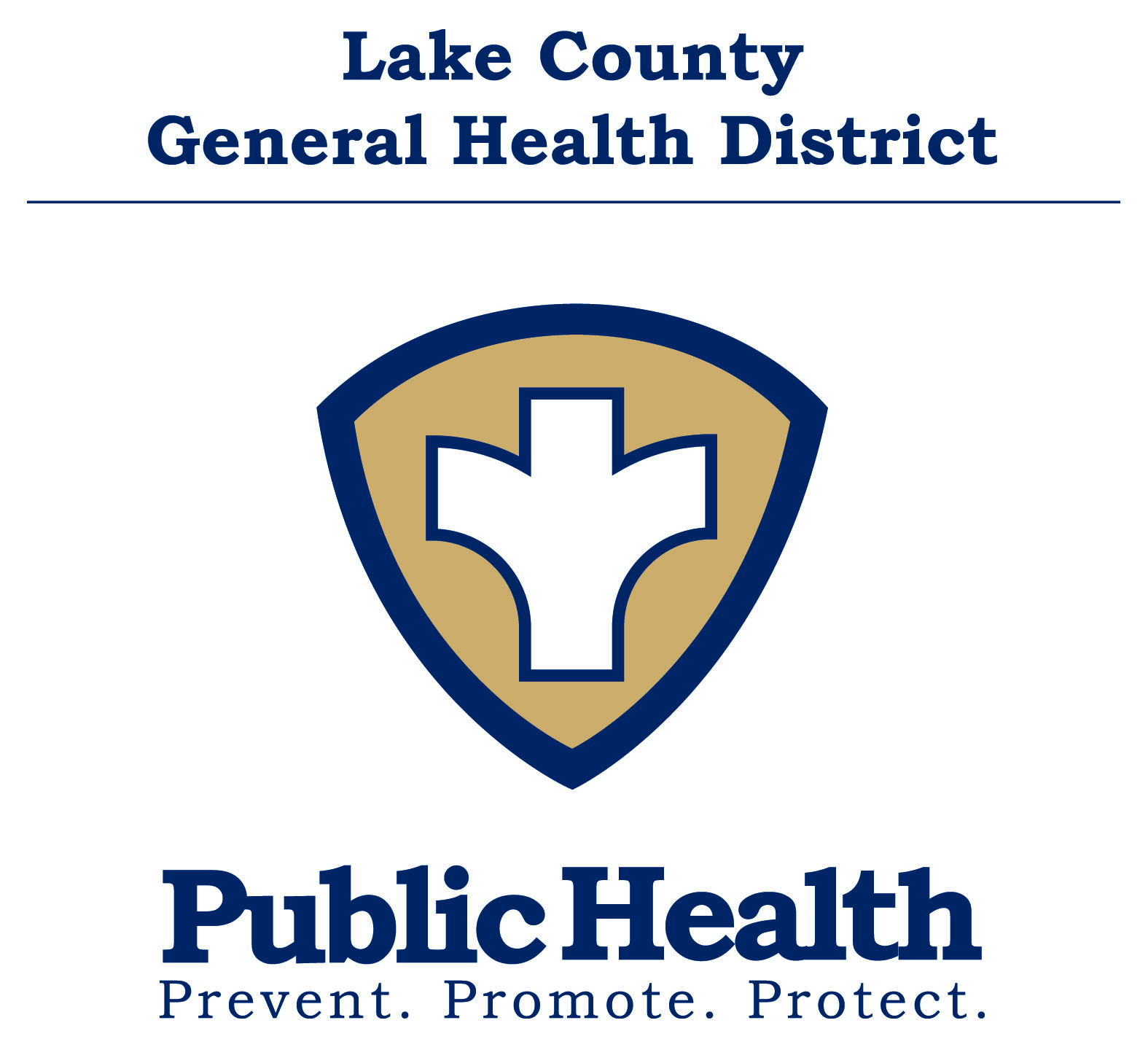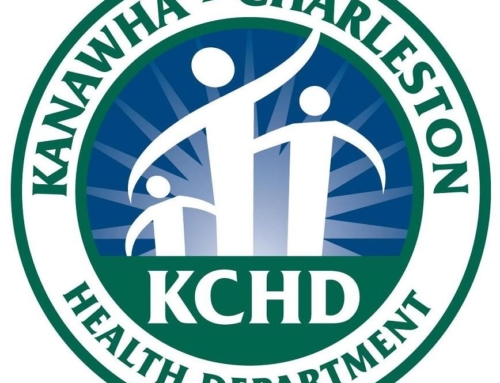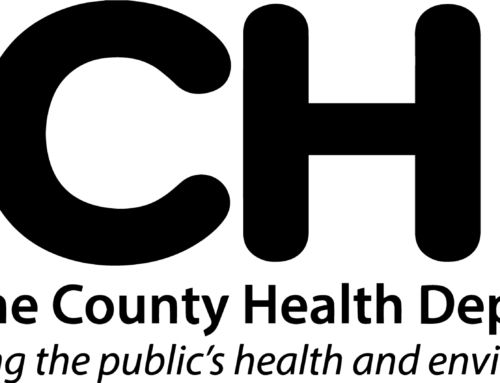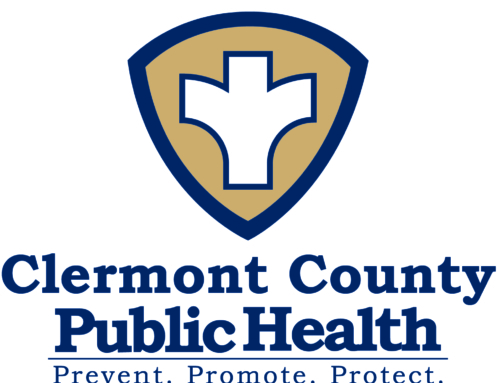Project Description

“What we learned from the accreditation process was eye-opening”
Accreditation Challenges Lake County General Health District to Embrace Innovation
By Christine Margalis, MEd, MCHES
When Lake County General Health District (LCGHD) in Mentor, Ohio, first applied for accreditation back in 2013, our first thought was “We got this.” As the only health department in its county, LCGHD prided itself on its responsiveness to community needs, collaborative relationships with traditional partners, and its ability to “just get things done.” What we learned from the accreditation process was eye-opening.
At that time, LCGHD was a traditional health department providing traditional public health services. The department was comprised of four divisions, including Environmental Health, WIC, Health Promotion and Planning, and Community Health Services, which consisted primarily of direct patient care services. When assessing its readiness to apply for accreditation, LCGHD knew it would be challenged, as many of its most popular services did not fall within the scope of public health accreditation. While LCGHD was extremely responsive to its community and provided most of the 10 Essential Public Health Services with great expertise and efficiency, it did not always devote equal amounts of time and resources to evaluation, policy development, and research. While LCGHD was able to demonstrate proficiency in these areas in PHAB Standards and Measures, Version 1.0, it was evident that the department would struggle in the future as standards would continue to advance, and the expectations for public health professionals would continue to evolve.
Recognizing this need, LCGHD allocated resources and amended its organizational structure to create a new division, the Office of Health Policy and Performance Improvement, or OHPPI. OHPPI consists for four staff members strategically recruited for their expertise in policy, research, evaluation, quality assurance, and accreditation. Focusing largely on local, state, and national systems change opportunities, OHPPI is committed to producing novel public health policy, data, assessment, shared services, and training surveillance methodologies, all while maintaining high quality public health services to its customers. Current efforts include (1) the construction of a data warehouse, (2) creation of a standardized community health assessment methodology for statewide utilization, (3) the development of agent-based modeling techniques for county-level opioid addiction and health behavior forecasting, (4) the creation of a school-based health surveillance system, (5) an enhanced focus on occupational-specific health behaviors, and (6) the establishment of a single, county-wide navigation mechanism for all health-related services.
OHPPI’s first major accomplishment was the recent release of the report, Lake County Drug-related Overdose Death: 2013-2017: Informing a Five-year Perspective. In order to identify a county-specific demographic profile of drug-related overdose death decedents, 2013 to 2017 vital statistics data for Lake County were analyzed in SPSS. As a result of this analysis, a stepwise relationship between overdose death and several demographiccharacteristics was identified. Sex, age, marital status, and occupation were associated with the type of substance used, the latter of which was ultimately associated with overdose death. The demographic profile outlined in this report should be utilized to inform targeted community-based overdose prevention initiatives. While these results are not generalizable beyond Lake County, a similar analysis and comparison of neighboring county vital statistics data may illustrate both overdose death commonalities and community-specific dynamics, both of which could further inform overdose prevention activities, initiatives, and policies.
LCGHD will continue to provide deeper analysis of pertinent public health issues, informing not only local strategies and initiatives, but with an eye on impacting policy at a state and national level as well.
Lake County General Health District in Mentor, Ohio, was awarded national accreditation through the Public Health Accreditation Board on August 17, 2016.
About the author: Christine Margalis, MEd, MCHES, is Accreditation Coordinator at Lake County General Health District in Mentor, Ohio. Contact her at [email protected],
Other benefits gained as a result of going through the accreditation process:
Accreditation:




